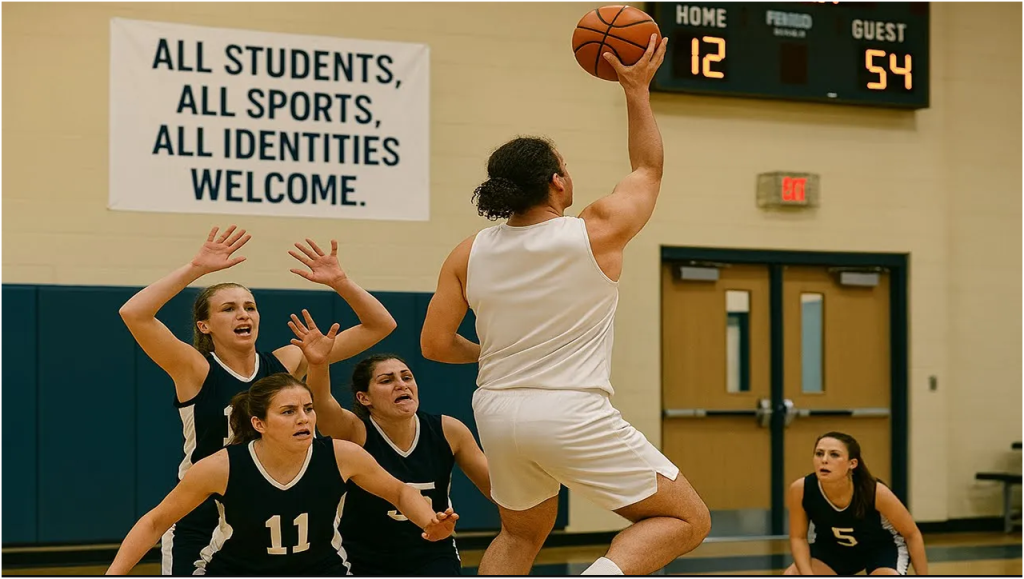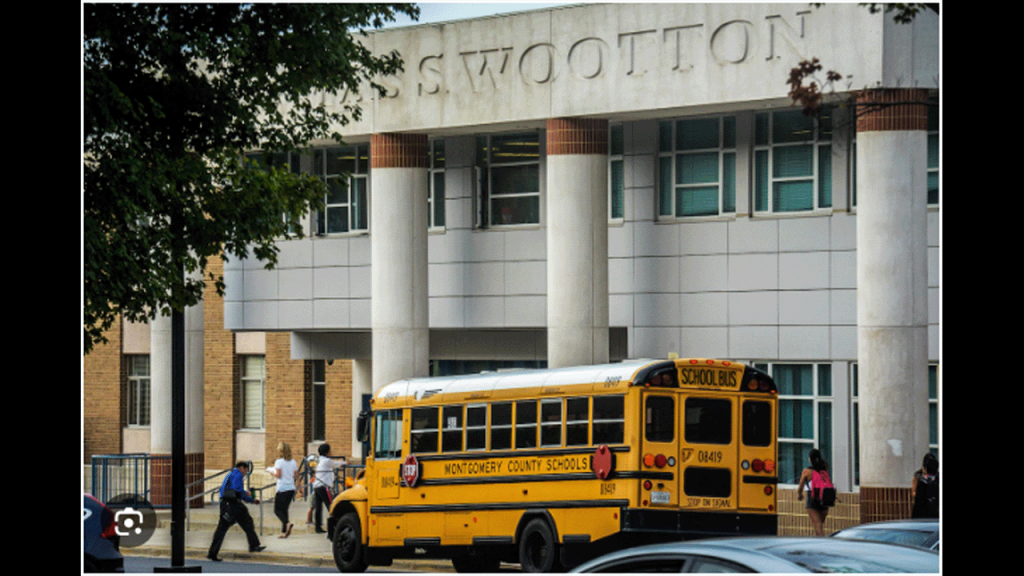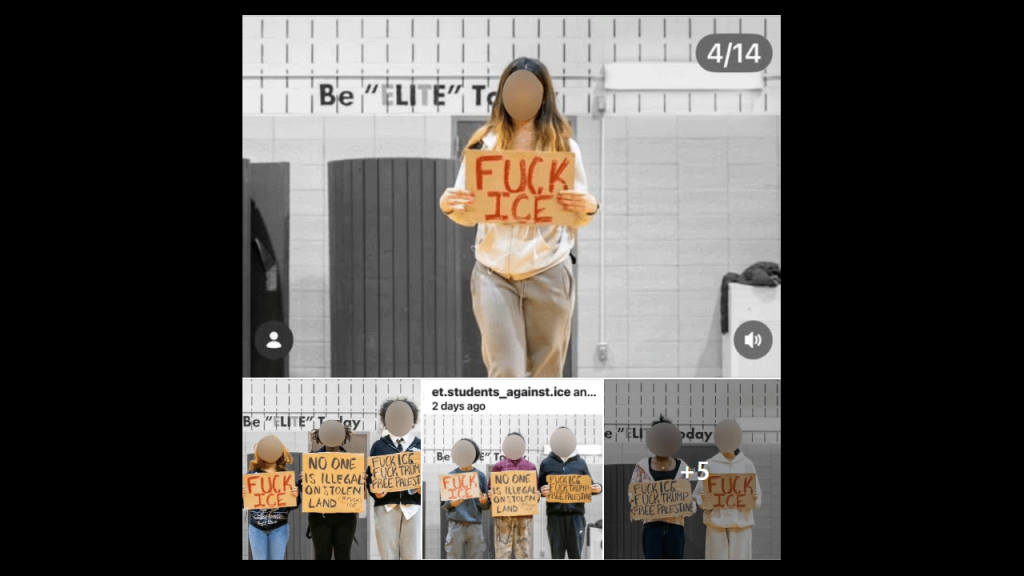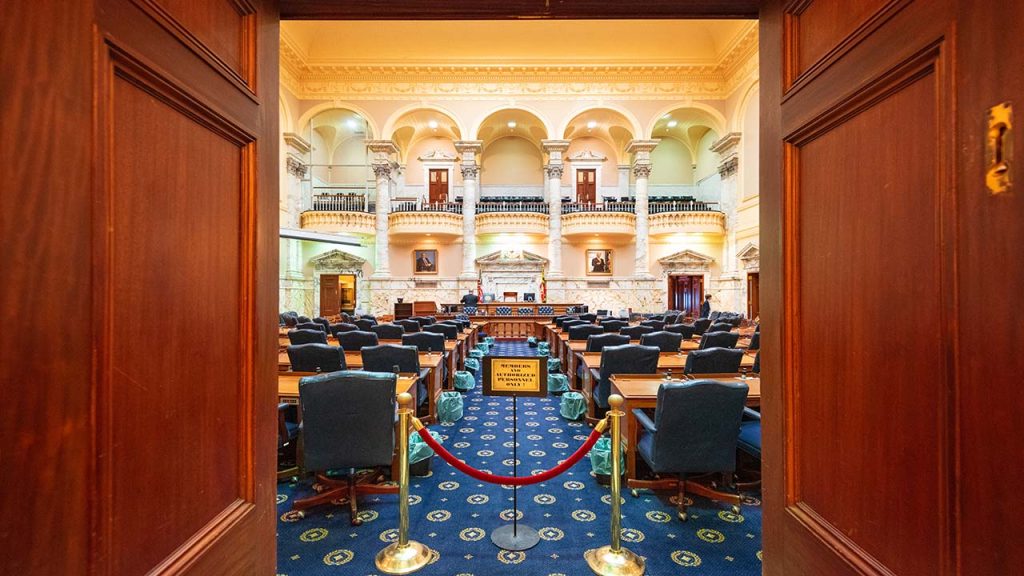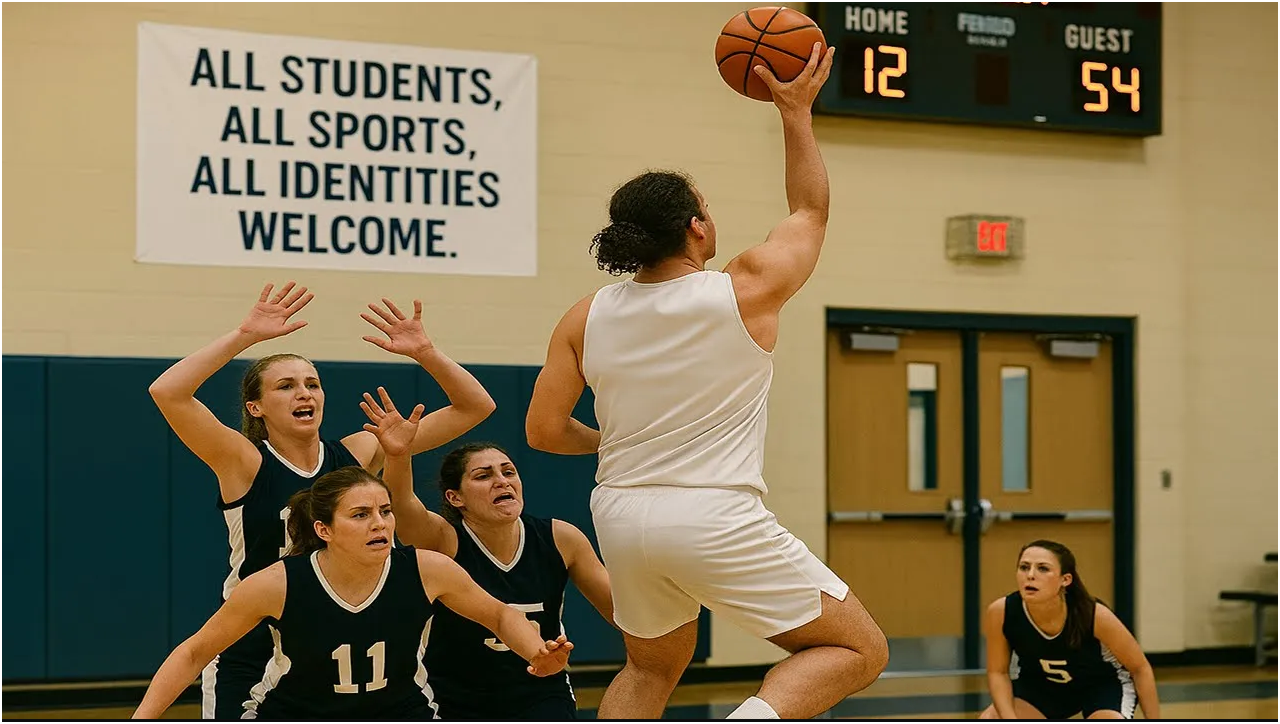
College Board Says It Won’t Edit AP Courses, Despite Pressure From States
In a letter to educators nationwide Thursday, the College Board affirmed it will not modify any of its existing Advanced Placement courses in response to state laws banning instructional topics required in AP courses, including gender and sexual orientation.
The statement is a response to a recent request from Florida’s department of education for potential edits to AP Psychology, according to the nonprofit. It builds upon the College Board’s stance to educators last year that if state or district policies require that instruction in AP courses be censored, students could lose out on AP credit.
The College Board’s statement also comes in the wake of a tumultuous rollout of an AP African American Studies pilot course. Florida’s Republican Gov. Ron DeSantis banned the pilot earlier this year for allegedly defying the state’s laws restricting instruction on topics of race, and scholars criticized it as a “watered down” version of the course. The College Board has since said it is making additional changes to the course, with more pilot classes starting this fall.
“We have learned from our mistakes in the recent rollout of AP African American Studies and know that we must be clear from the outset where we stand,” the nonprofit said in its letter.
The College Board said that last month the Florida department of education’s office of articulation requested that the organization “audit and potentially modify AP courses relative to the new Florida laws that restrict classroom instruction on sexual orientation and gender identity.”
In April, Florida’s state board of education expanded the Parental Rights in Education law, dubbed by opponents as the “Don’t Say Gay” law, to ban instruction on gender identity and sexual orientation in grades K through 12.
In a letter sent Thursday to the state agency, the College Board said: “The learning objective within AP Psychology that covers gender and sexual orientation has specifically been raised by some Florida districts relative to these recent regulations. That learning objective must remain a required topic, just as it has been in Florida since the launch of AP Psychology more than 30 years ago.”
A spokesperson for the state of Florida’s department of education said in an email that “College Board is responsible for ensuring that their submitted materials comply with Florida law.”
Read the Letter
Here’s the College Board’s letter to educators on modifications to AP courses in full.
College Board’s Letter to Educators on Modifications to AP Courses
This month, we gathered thousands of AP teachers and college professors from across the country to read and score the AP Exams taken by millions of students this past spring. At those AP Readings, educators from a range of disciplines asked whether the Advanced Placement Program will respond to recent legislation in Florida that could limit AP course content. We’ve also heard from Florida school district leaders specifically asking how to navigate these laws relative to AP Psychology.
We have learned from our mistakes in the recent rollout of AP African American Studies and know that we must be clear from the outset where we stand.
The Florida Department of Education Office of Articulation recently requested that we audit and potentially modify AP courses relative to the new Florida laws that restrict classroom instruction on sexual orientation and gender identity. We responded, in part, as follows:
[College Board] will not modify our courses to accommodate restrictions on teaching essential, college-level topics. Doing so would break the fundamental promise of AP: colleges wouldn’t broadly accept that course for credit and that course wouldn’t prepare students for careers in the discipline.
The learning objective within AP Psychology that covers gender and sexual orientation has specifically been raised by some Florida districts relative to these recent regulations. That learning objective must remain a required topic, just as it has been in Florida for many years. As with all AP courses, required topics must be included for a course to be designated as AP.
The American Psychological Association has also made clear that the topics of gender and sexual orientation are foundational for any college-level course in psychology.
We don’t know if the state of Florida will ban this course. To AP teachers in Florida, we are heartbroken by the possibility of Florida students being denied the opportunity to participate in this or any AP course. To AP teachers everywhere, please know we will not modify any of the 40 AP courses—from art to history to science—in response to regulations that would censor college-level standards for credit, placement, and career readiness.
All AP courses are developed in partnership with teachers and professors and are aligned to college-level courses. Their development is guided by our universal AP Principles that ensure AP classes offer an unflinching encounter with evidence. AP opposes both censorship and indoctrination, and is animated by a deep respect for the intellectual freedom of teachers and students alike.
Participation in AP courses is and always has been a choice. Families can review AP course content and make informed decisions about whether they want their students to participate. Millions of students and their families have chosen AP courses for their high standards and college-level content. We respect students’ ability to learn college-level material and we respect the right of families to decide what they want their students to learn. At stake is denying the choices of those families.
States requesting edits is uncommon
Not all schools across the country offer all AP courses. In most states, there are required processes to first review and approve courses and issue course codes for AP, the College Board said, with some states relying on local district reviews as well.
Prior to Florida’s involvement with AP Psychology and the pilot AP African American Studies course, the College Board said it has “never received a request from another state education agency to edit the content required for college credit in AP courses. But we do not remove material at the request of states.”
When AP courses are periodically updated to align with existing introductory college courses, “this process is governed by review of college syllabi across the nation,” the nonprofit added.
The current version of AP Psychology has gender and sexual orientation as a required topic under developmental psychology, with a learning objective for students to be able to “describe how sex and gender influence socialization and other aspects of development,” according to the course framework.
Arthur Evans Jr., CEO of the American Psychological Association said in a statement that “educators cannot teach psychology and exclude an entire group of people from the curriculum.”
“Understanding human sexuality is fundamental to psychology, and an advanced placement course that excludes the decades of science studying sexual orientation and gender identity would deprive students of knowledge they will need to succeed in their studies, in high school and beyond,” he added.
In its letter to educators, the College Board said that it is not sure if Florida will subsequently ban AP Psychology over this required topic, and that it is “heartbroken by the possibility of Florida students being denied the opportunity to participate in this or any AP course.”
Outside of DeSantis’ ban on the AP African American Studies pilot, no state has previously banned an AP course, according to the College Board.
Dig Deeper With Our Longreads
Newsletter Sign up to get our best longform features, investigations, and thought-provoking essays, in your inbox every Sunday.
The MEN was founded by John Huber in the fall of 2020. It was founded to provide a platform for expert opinion and commentary on current issues that directly or indirectly affect education. All opinions are valued and accepted providing they are expressed in a professional manner. The Maryland Education Network consists of Blogs, Videos, and other interaction among the K-12 community.




